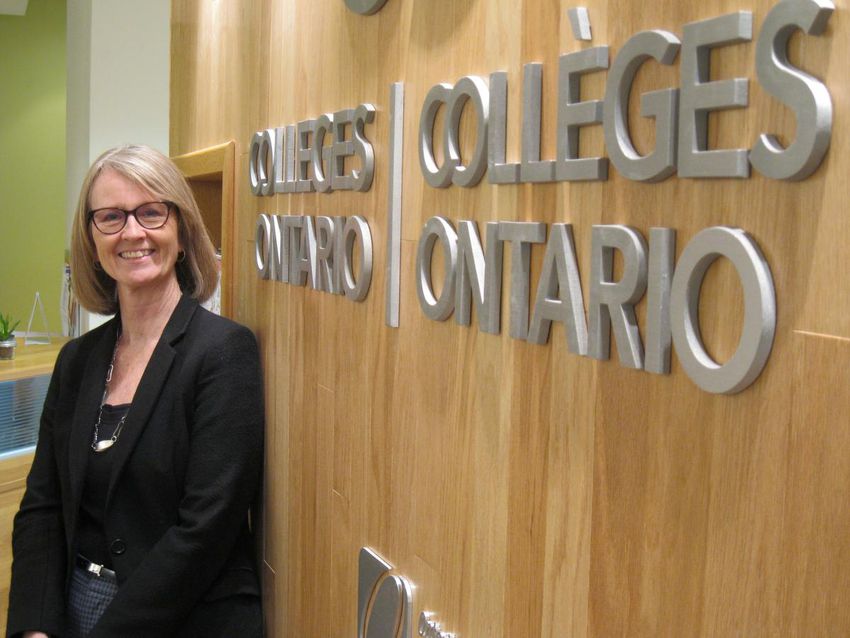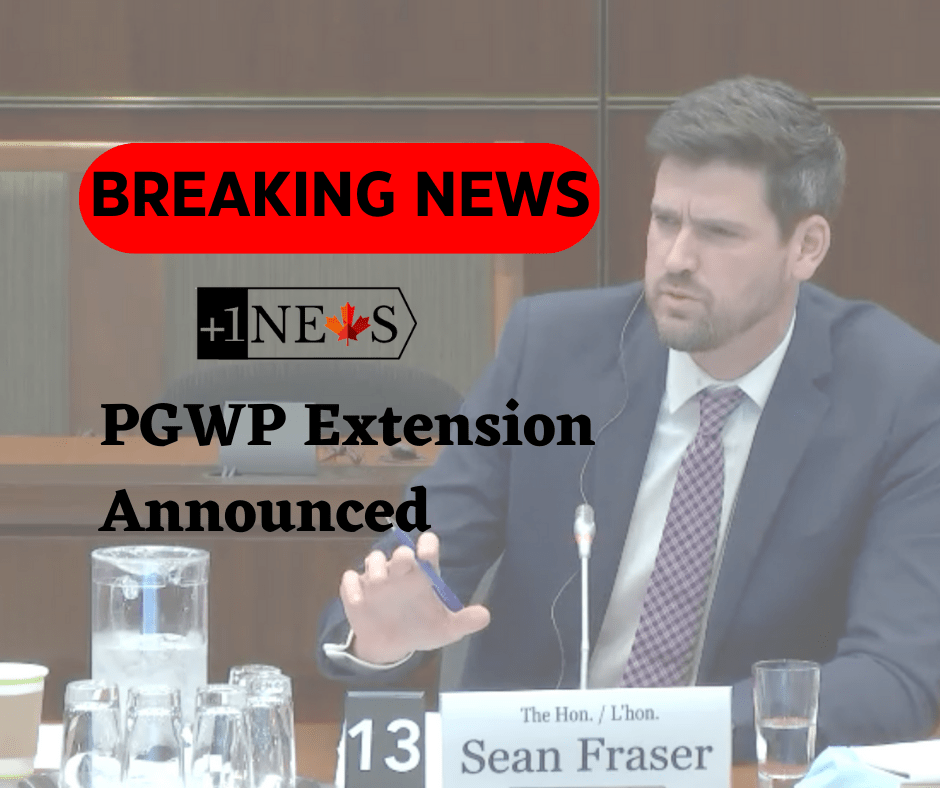- Ontario’s publicly funded colleges have introduced new regulations to protect international students in response to growing concerns over their treatment while studying in Canada.
- The regulations set minimum industry standards and tougher enforcement guidelines to address issues such as unscrupulous recruitment agents, who have provided misleading information to prospective students.
- The new regulations apply to information and marketing, recruitment and training, and cover areas such as comprehensive orientation, settlement, and post-graduation services.
Ontario’s publicly funded colleges have implemented new regulations to safeguard international students studying in Canada. These regulations cover various areas, including information and marketing, recruitment and training, and settlement and post-graduation services. In this section, we will discuss the new regulations in detail.
Coverage of the Regulations
With 807,750 international students in Canada at all levels of study last year, the Canadian Bureau for International Education revealed that Indian students accounted for 40% of the overall international enrolment, and Chinese students represented 12%. International students in Ontario’s public colleges made up 30% of total student enrolment, with tuition fees of $1.7 billion and 68% of Ontario public colleges’ total tuition fee revenue in 2020.
New Regulations to Protect International Students
Ontario’s publicly funded colleges have established new standards of practice for international education to protect international students studying in Canada. The colleges have introduced these rules to address concerns over the mistreatment of international students, including the provision of misleading information by unscrupulous recruitment agents.
The new regulations establish minimum industry standards and tougher enforcement guidelines. They require colleges to ensure their marketing materials are consistent with the law and not misleading, including not guaranteeing any academic, immigration, or employment outcome. Additionally, the regulations demand that institutions terminate contracts with any education agent involved in any “serious, deliberate, or ongoing conduct that is false, misleading, deceptive or in breach of the law.”
Private Colleges Included
The new regulations include private colleges in addition to publicly funded colleges. Public-Private College Partnerships (PPP) see taxpayer-funded colleges provide curriculum at a fee to private career colleges, which employ their own instructors to deliver academic programs. As of June 2021, 11 of the 24 Ontario public colleges partnered with 12 for-profit private career colleges, with over 24,000 international students enrolled under these arrangements, up from 14,698 in 2018. The 2021 provincial audit found that some of these partnerships did not uphold enrolment requirements and that their quality assurance and student support processes could be strengthened.
Colleges Ontario has released a 12-page set of standards of practice for international education, which all 24 members of the group are expected to implement by June 2024. Seneca College is not among the signatories, as it plans to release something similar for both its domestic and international students.
Standardization of Practice
According to Linda Franklin, President and CEO of Colleges Ontario, standardizing the regulations across all Ontario public colleges is crucial so that international students have a clear sense of what they can expect. “Some colleges are doing some things better or differently than others. It would be important to standardize that so international students had a really clear sense of what the offering was when they came to Ontario, no matter which door they chose to walk through,” said Franklin.

Protecting Ontario’s Reputation
The regulations are designed to protect Ontario’s reputation as a safe, welcoming, and excellent educational destination for international students. Franklin emphasized the importance of maintaining Ontario’s reputation as an ideal location for international students. “Our brand in the world and the continuation of our standing as a safe, welcoming, great …” said, Franklin. “There’s a lot of value propositions right now for international students to choose Canada, and we would never want to put any of that at risk by suggesting to them that we are less than any of those things.”
Source: https://www.thestar.com












